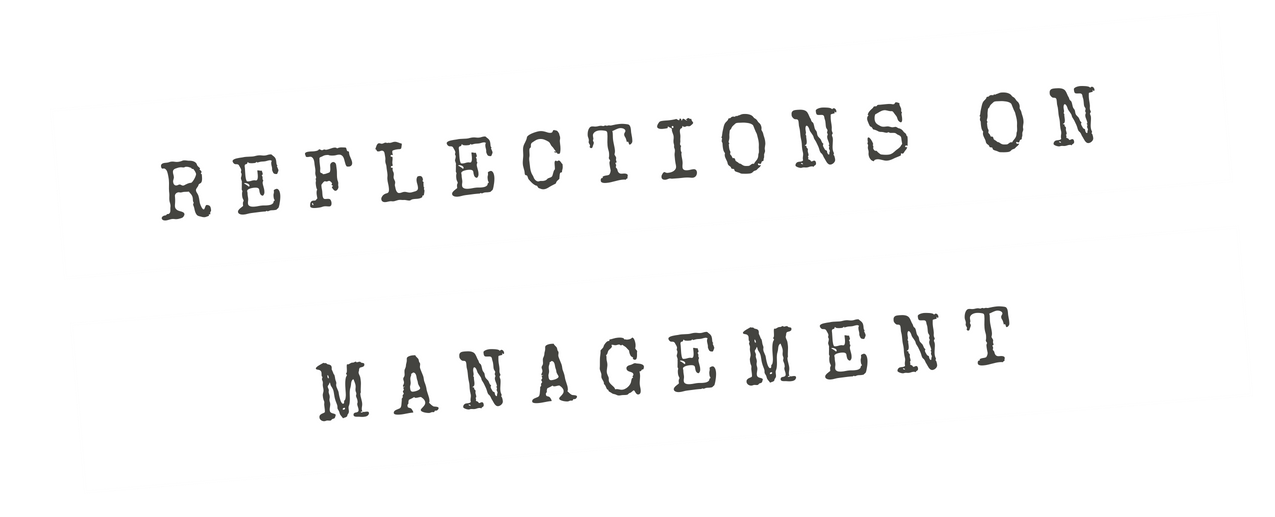We don’t incentivize or in any way reward people’s efforts to do what would seem to be just basic housecleaning
Season 7, Episode 1 — Click here to download the transcript
Andrew Abbott showed that a key component of professions and professionalism was jurisdictional claims. The domains of expert knowledge that the profession sought to control implied was the necessity for each profession to actively sustain its expert knowledge for ease of recall and application among professionals. Now, some professions do this better than others, but arguably none do it perfectly. Busy professionals are so awash with information, much of it irrelevant or uninteresting, that they rarely have time to go back and sort through it all and make sense of it. Instead, all this stuff ends up occupying storage space or sitting somewhere in the cloud. Well, I undertook a project to dive through an archive of this stuff, and I learned a lot about what it means to gain, sustain and use expert knowledge.
In this program, I’ve talked before about problems of organizational forgetting, which you have experts in the organization who have certain skills and knowledge that are really important to retain. But eventually they leave the organization, whether that’s through retirement or just natural attrition. And the organization loses the expertise. The expertise simply walks out with the expert. But another one is just the simple fact that knowledge accumulates so rapidly, or I should say information accumulates so rapidly that we don’t have the ability to take the time and think more abstractly how it turns into knowledge.
We end up with a whole bunch of stuff after, say, the end of the year or at a regular interval where we dump all kinds of information onto DVDs uploaded into the cloud or whatever. And it’s just simply a snapshot of what was collected at the time. It’s just hard. It’s hard to do as you go because when you’re doing something, when you’re busy making decisions and whatever, you just don’t have time to step back and figure out what’s important and what’s not important. You’re just hopeful that you can remember where you put stuff in your file structure so that you can find it later.
I recently undertook a project where I dove into an archive of old DVDs covering about fifteen years worth of “stuff” that were simply occupying a closet. This season’s series is about the lessons I learned from the effort of transforming this pile of random information into a prototype intranet. How I did it may be very useful…


